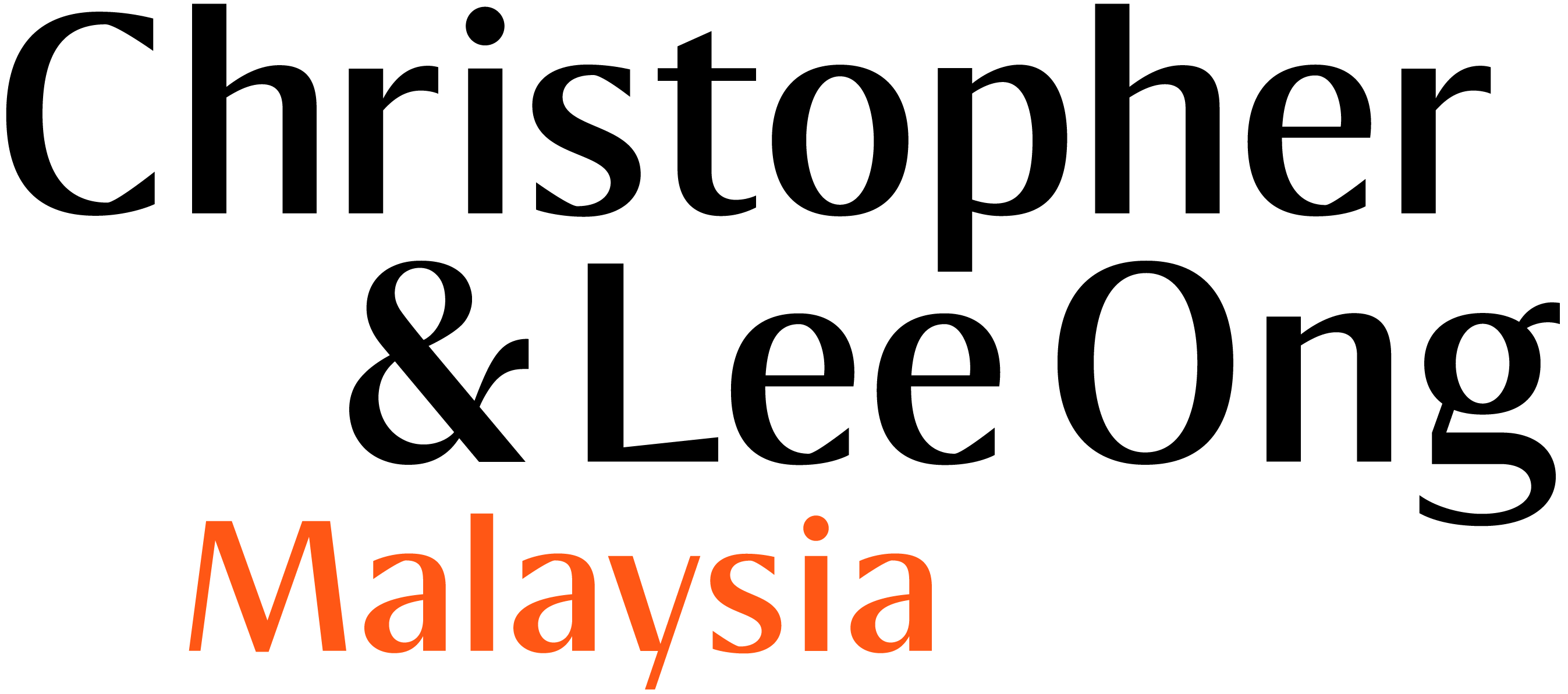Antitrust Developments in Malaysia
In February 2023, the Competition Appeal Tribunal (“CAT“) unanimously affirmed the Malaysia Competition Commission’s (“MyCC“) infringement decision against warehouse operators for engaging in a price-fixing cartel in relation to long length handling and heavy lift handling services for import and export cargoes at Port Klang. Uniquely, in this decision, CAT decided that the deeming provision under section 4(2) of the Competition Act 2010 (“Competition Act“) is not rebuttable once the conditions for its operation have been satisfied.
On 7 June 2023, MyCC issued a press statement highlighting that it was working with the Ministry of Domestic Trade and Cost of Living to tackle competition issues surrounding the supply and sale of sugar in the Malaysian market. These issues include behaviour such as:
- hoarding: the restriction or control of market access and outlets for supply and sale of sugar;
- conditional sales: tying and bundling; and
- refusal to supply by certain market players.
According to MyCC, such behaviour may result in infringements of the Competition Act, carrying penalties of up to 10% of the player’s worldwide turnover during the infringement period.
In the telecommunication sector, the Malaysian Government announced in May 2023 that it would adopt a dual network model for the rollout of 5G services in the country. This would terminate its previous plans to have a single state-run network owned by a state-owned agency, Digital Nasional Berhad. This move appears to address concerns about pricing and competition, and supports the dismantling of monopolies.
Additional Requirements under Revised Policy Document on Risk Management in Technology (RMiT)
On 1 June 2023, the Central Bank of Malaysia, Bank Negara Malaysia (“BNM“), issued a revised version of its Policy Document on Risk Management in Technology (“Revised RMiT PD“).
This document sets out additional requirements for a financial institution’s (“FI“) management of cloud technology risks and the adoption of multi-factor authentication (“MFA“) security controls by financial institutions, including the following:
- New Requirements for Adoption of Public Cloud for Critical Systems
Under the Revised RMiT PD, an FI is only required to consult BNM prior to the first-time adoption of a public cloud for critical systems, and to notify BNM for any subsequent such adoptions. For non-critical systems involving the cloud, an FI is no longer required to notify BNM of its intention to use the same.
- Guidance on Assessment of Common Key Risks and Control Measures for Adoption of Public Cloud for Critical Systems
The Revised RMiT PD incorporates a new Appendix 10 which adopts the Cloud Technology Risk Assessment Guideline (CTRAG) Exposure Draft released in 2022. FIs are encouraged to carry out an assessment of common key risks and control measures specified in Appendix 10 when adopting a public cloud for critical systems.
- MFA Security Controls as a Standard Requirement
The Revised RMiT PD makes it mandatory for FIs to deploy MFA technology and channels that are more secure than the unencrypted short messaging service (SMS), and to ensure that the MFA solution is resistant to interception or manipulation by any third party throughout the authentication process.
The Revised RMiT PD came into effect on 1 June 2023. However, for the new amendments specifically related to cloud technology risk management, the amendments will take effect as follows:
- 1 June 2023 – for licensed digital banks and Islamic digital banks; and
- 1 June 2024 – for FIs other than licensed digital banks and Islamic digital banks.
High Court Rules that DGIR is under a Duty to Give Reasons for Imposing Additional Taxes on Taxpayers
In Government of Malaysia v Inoapps Sdn Bhd [2022] MLJU 2280, a taxpayer had not filed its required tax returns, leading the Director General of Internal Revenue (“DGIR“) to issue Estimated Notices of Assessment based on his “best judgment”. The Government then commenced legal proceedings and applied for summary judgment against the taxpayer under sections 103 and 106 of the Income Tax Act 1967 (“ITA“).
The High Court granted a stay of execution of the summary judgment pending the outcome of the appeal before the Special Commissioner of Income Tax (“SCIT“).
The High Court held that while it was bound to enter summary judgment against the taxpayer under the ITA, its discretionary power to grant a stay of execution pending the disposal of the appeal before the SCIT should be exercised in view of the special circumstances, namely, the lack of explanation for the substantial increase in the income chargeable to tax against the taxpayer.
The High Court observed that if the DGIR had offered a reasonable explanation, the summary judgment – on an unconditional basis – could have been entered, but this was not the case.
The decision underscores the importance for public decision-making bodies to provide reasons for their decisions. This decision aligns with the judicial trend that giving reasons is fundamental to good administration as it demonstrates transparency and accountability in public decision-making process.
For more information, click here to read our Legal Update.
5G: Malaysia to Transition from Single Wholesale Network to Dual Wholesale Network
On 3 May 2023, the Malaysian Government announced that the country will move away from a Single Wholesale Network (“SWN“) as the model for the implementation of its 5G infrastructure, to a Dual Wholesale Network (“DWN“).
The Minister of Communications and Digital, Fahmi Fadzil, explained that this transition was necessary to avoid a single point of failure, and to increase capacity, taking into account the sustainability of the telecommunications industry ecosystem and the benefits that can be derived from a competitive landscape for 5G wholesale services.1
Under the DWN model, Digital Nasional Berhad (“DNB“) would continue its implementation of the 5G network until it achieved 80% 5G coverage of the country’s populated areas. This is targeted to be completed by end-2023. Once done, a separate entity would be selected via an open tender process to operate another 5G network in parallel with DNB.
This entity would then build its own 5G network from January 2024 and is expected to provide approximately the same level of coverage as DNB. The entity selection would be based on several criteria including the reasonable pricing of the wholesale price for 5G services.
On 9 May 2023, it was reported that the Malaysian Government would form a task force to ensure achievement of its goal of 80% 5G coverage by end 2023, and to facilitate a smooth transition from a SWN model to a DWN model in early 2024.2 This task force, under the purview of the Malaysian Communications and Multimedia Commission and co-chaired by the Secretaries-General of the Finance Ministry and the Communications and Digital Ministry, will include representatives from Malaysia’s mobile network operators.
A key takeaway from these announcements is that the Malaysian Government will not be part of the new separate entity, nor will it have a stake in DNB.
________________________________________
Revised Consent and Disclosure Requirements for Customer Information by Bank Negara Malaysia
The Central Bank of Malaysia, Bank Negara Malaysia (“BNM“), has issued a revised version of the Policy Document on Management of Customer Information and Permitted Disclosures (“Revised MCIPD“), which came into effect on 3 April 2023 (save for provisions related to consent requirements on permitted disclosures to third parties, which will take effect on 1 January 2024).
The Revised MCIPD includes:
- the definition of “outsourcing arrangement”, which has been aligned with the Policy Document on Outsourcing issued by BNM;
- clarifications on the usage of the eFSA portal, through which financial institutions (“FI“) upload customer information for disclosure to the Royal Malaysian Police. For instance, FIs are now required to verify the authenticity of the eFSA portal before uploading customer information, to ensure that it is not a phishing site; and
- matters concerning customers’ consent for disclosures to third parties. FIs must now fulfil four conditions when seeking customer consent for such disclosures: (i) the terms seeking the consent must be specific; (ii) the consent must be voluntary, and FIs must not obtain the customer’s consent by combing the consent statements for disclosure of customer information with other matters in a single statement; (iii) the consent must be given explicitly and deliberately by the customers; and (iv) the consent must be revocable upon request except where required by law or contract.
However, the Revised MCIPD clarifies that the requirements in (c) do not apply to scenarios where the disclosure of customer information is already permitted under the Financial Services Act 2013, Islamic Financial Services Act 2013, and Development Financial Institutions Act 2002.
Essentially, the Revised MCIPD enhances the existing regulatory framework for handling customer information by FIs. These amendments are welcomed as they enhance the protection of customer information in the financial services sector.
First-Ever Malaysian Court Decision Recognising an ICSID Award
On 17 February 2023, in Elizabeth Regina Maria Gabrielle von Pezold & 7 Ors v Republic of Zimbabwe (unreported), for the first time in Malaysia, its High Court recognised an award by the International Centre for Settlement of Investment Disputes (“ICSID“) against a foreign government, which involved a sum over US$200 million (“ICSID Award”), pursuant to section 3 of the Convention on the Settlement of Investment Disputes Act 1966 (“ICSID Act“).
Facts of the Case
Between 2000 and 2007, the Plaintiffs’ properties and their associated assets were expropriated without compensation by the Republic of Zimbabwe (“Zimbabwe“) pursuant to Zimbabwe’s Land Reform Programme. In 2015, a tribunal at the International Centre for Settlement of Investment Disputes (“ICSID Tribunal“) found, among others, that the said expropriation of the Plaintiffs’ properties by Zimbabwe constituted a breach of the bilateral investment treaties entered into by Zimbabwe with Switzerland and Germany, respectively, and accordingly awarded, among others, damages exceeding US$200 million in favour of the Plaintiffs (“ICSID Award“). In 2018, an application for annulment filed by Zimbabwe to annul the ICSID Award was dismissed by the relevant ICSID Tribunal (“Decision on Annulment“).
The Plaintiffs subsequently commenced actions before the High Court of Malaya at Kuala Lumpur seeking, among others, the recognition of the ICSID Award and the Decision on Annulment in Malaysia.
Key Findings of the High Court
Some of the key findings of the High Court are set out below.
- The Court is mandated under the ICSID Act to recognise the ICSID Award, provided the requirement of Article 54(2) of the Convention on the Settlement of Investment Disputes Between States and Nationals of Other States (“ICSID Convention“) is satisfied, namely, furnishing a copy of the ICSID Award certified by the Secretary-General of ICSID.
- Sovereign immunity cannot be used to prevent recognition of the ICSID Award. According to the ICSID Convention, the consideration of sovereign immunity is limited to the execution stage after the recognition of the ICSID Award in the final judgment. Further, the High Court found that the Republic of Zimbabwe had, through its conduct, submitted to the jurisdiction of the courts of every contracting state to the ICSID Convention where the ICSID Award is recognised. Accordingly, the Republic of Zimbabwe was considered to have waived immunity.
- The absence of a specific procedural framework for the enforcement of ICSID awards in Malaysia did not preclude the High Court from exercising its substantive powers under the ICSID Act, and it could adapt its own procedures to give effect to such powers.
- The absence of any reservation made to restrict the terms of the ICSID Convention was significant, as it means that an ICSID Award could be enforced in any ICSID contracting state.
- Identification of the assets of the Republic of Zimbabwe within Malaysia was irrelevant and not required at the recognition stage.
The matter is currently pending appeal before the Court of Appeal. Christopher & Lee Ong is acting for the Plaintiffs in this case.
Please note that whilst the information in this Update is correct to the best of our knowledge and belief at the time of writing, it is only intended to provide a general guide to the subject matter and should not be treated as a substitute for specific professional advice














